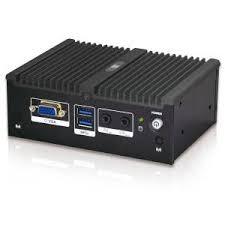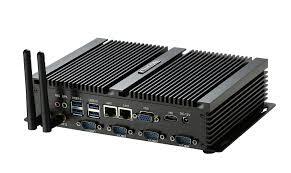Regardless of your industrial computing needs, chances are that you’ll need a suitable computer to support them. In this blog, we’ll take a look at the top things to consider when purchasing a small industrial PC. From hardware selection to system configurations, we’ll cover everything you need to know in order to make an informed purchase.
- Processor: Choose a processor that is suitable for the specific task you’ll be using your PC for. For example, if you’re going to be using it to do lots of graphics-intensive work, then you’ll want to get a processor with a high graphics performance.
- Memory: Make sure that the memory is sufficient for the tasks you’ll be using your PC for. Again, depending on the type of work you’ll be doing, you may need more or less memory.
- Storage: Choose a storage option that meets your needs and budget. You can choose to buy a hard drive or SSD (solid state drive) as your storage solution.
- Operating System: Choose an operating system that meets your needs and is compatible with the hardware you’ve chosen. Some popular options include Windows 10 or macOS Sierra.
- Connectivity: Make sure that the connectivity options on your PC are adequate for the tasks you’ll be using it for. You’ll need things like an Ethernet jack and USB ports so that you can connect external devices like scanners and printers.
Types of Small Industrial PC
There are a number of different types of small industrial PC, but the most common ones are:
– Embedded PCs: These are PCs that are designed specifically for industrial use. They usually have a low price point and limited features, but they’re still capable of handling typical business tasks.
– fanless industrial: These are laptops or tablets that are designed for industrial use and can be taken anywhere. They’re often larger than embedded PCs and come with more features, making them more versatile.
– industrial mini pc: These are PCs that have been specially designed to withstand the extreme conditions found in industrial settings. They’re typically faster and more powerful than portable PCs, and they also come with additional features like IP protection and water resistance.

Conclusion
When choosing a small industrial PC, make sure to consider the type of work you’ll be doing and your need for memory, storage, connectivity, and operating system capabilities depending on the specific needs of your business. However, some things to consider include storage options, operating system compatibility, and connectivity. You can also choose from fanless industrial mini pc or embedded industrial PCs to find the perfect fit for your needs.




